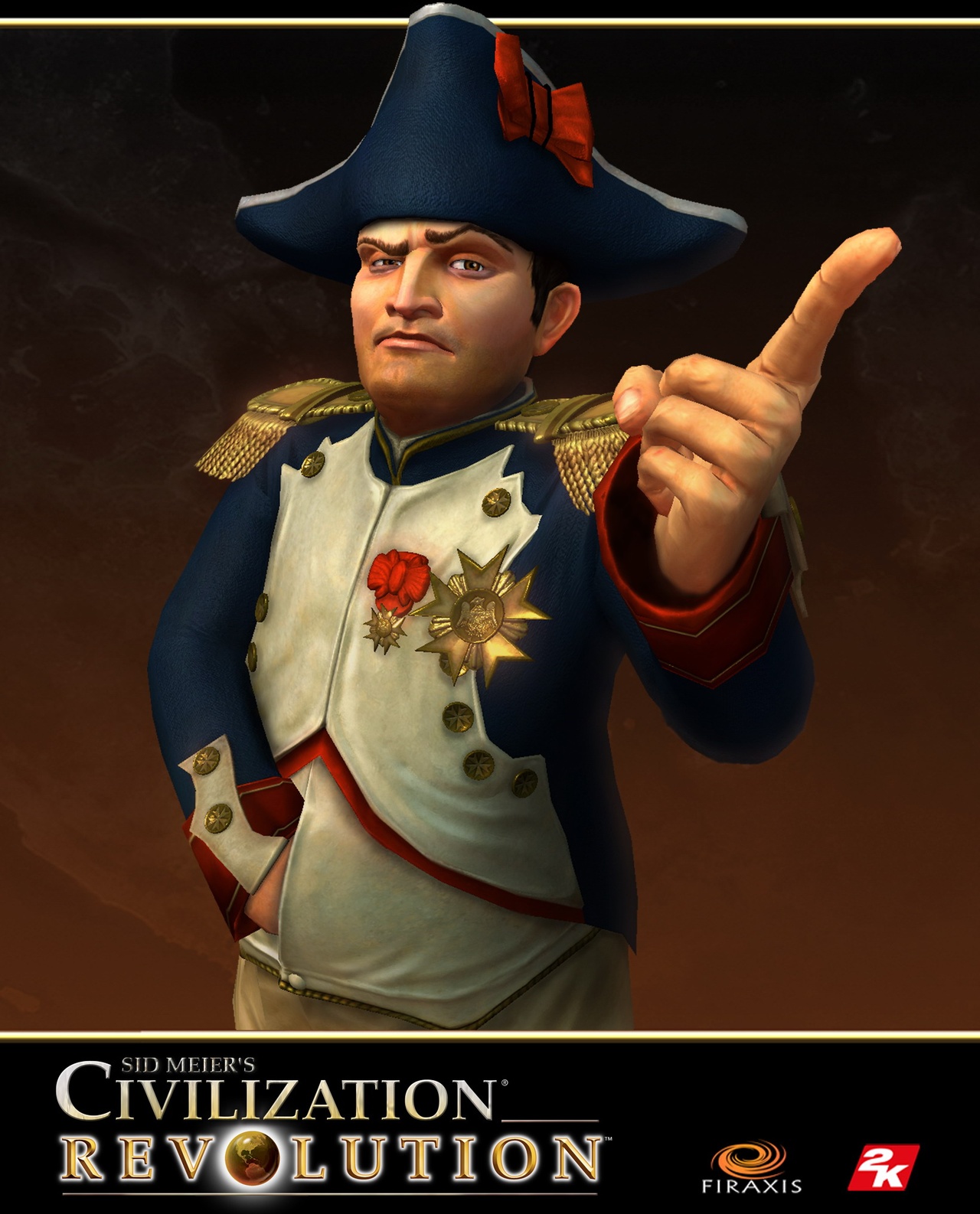E3 '07: Sid Meier fomenting Revolution
We sit down with the designer of the Civilization series to discuss Firaxis' new Civilization game for consoles as well as the studio's future plans.
SANTA MONICA, Calif.--Walking the beaches of sunny Santa Monica is one way to spend your summer; attending one of the biggest video game press events this year is another. As part of our E3 2007 agenda, we had a chance to sit down with Firaxis' now-creative director Sid Meier, whose credits include Civilization, Pirates!, and many other much-loved computer game classics.
We began our conversation by asking the developer directly, "Why bring Civilization to consoles?" Meier replied, "I think we got past the reasons not to do it," explaining that the team had been working on a control scheme to work well with console controller; that console games seem to have matured to the point where many offer strategic depth; and, most importantly, that the team finally felt they had a game design that would work well and be entertaining on the console platforms.
Meier suggested that because the console game is being built from the ground up, Revolution offered an "opportunity to start from scratch with game design." Among other issues, the new game will simplify several game systems from the PC series that have become rather complex over the years. Said the game designer, "it's also fun to make combat really exciting," referring to the fully animated combat in Revolution, which will see soldiers (wearing different garb depending on their nation of origin) hacking, slashing, circling, and flanking their enemies with varied battle animations that are much different than the simple animations that were featured in Civilization IV.
Meier suggested that in order to make the Civ experience work on a console, the team is looking to cram all the excitement of a Civilization session into a two- to three-hour game session, rather than the sometimes-epic sessions the PC versions can stretch into. In addition, much of the game is being streamlined for easier use and accessibility on consoles, such as the technology tree of various scientific upgrades players can research. The tech tree won't be as big as that of Civ IV, but it will have "all the essentials," including everything players need to win the space race.
The designer suggested that the space race, as well as economic, military, and culture victories, will all be "equally viable" in the game, all the way up to the very last turn, since the streamlined research model will be more open-ended and let players switch "tracks" midstream from focusing on military might to economic power. Some of the later-game strategy may instead involve trying to interfere with your opponents' progress by discovering certain wonders of the world or technologies to beat them to the punch. The game will have a status bar that will show the progress of all players along each path to victory, and since the game will support up to four players in multiplayer (either in one-on-one, two-versus-two, or four-player free for all), you can keep up on your enemies' research and try to head them off at the pass.
Meier also explained that the console game will have a highly streamlined interface that's being "layered in," while emphasizing visual cues to give quick information, such as the way veteran units will look tougher and stronger at a glance. However, the game should offer many of the core elements that players have come to expect from the Civ series, including the turn-based pacing; the combination of exploration, building, diplomacy, economics, and research; and the "unique aspects of each civ," since, like in the PC games, each of the 16 nations in the game will have unique abilities. Meier suggests that the biggest challenge that Firaxis will have in getting console players addicted to the series' "one more turn" gameplay will simply be getting new players to pick up the game; once they do, they'll hopefully be pulled into the various features and events in the game, such as the seven hidden relics, like the Seven Cities of Gold, located on the game's maps.
When asked whether Firaxis was considering shifting its focus more toward consoles and away from the PC, Meier replied that Firaxis "still intend[s] to be a PC developer, but we see no reason to deprive console players of these experiences. PC game players are our most loyal fans and we appreciate their support, but we're not ruling anything out at this point, whether that's PC games, console games, or crossover games that appear on the PC and on consoles." And when gently reminded about the stable of classic Microprose properties Meier reacquired some years ago, the designer proposed that because Firaxis is getting its feet wet with consoles, that it's possible we might see some of those older games return in some form or another at some point, and on some platform. "In other words, there's no shortage of cool games we need to make," the designer concluded with a chuckle.
Got a news tip or want to contact us directly? Email news@gamespot.com

Join the conversation